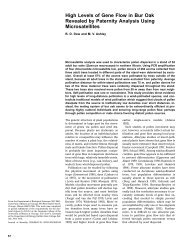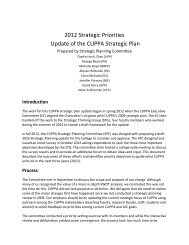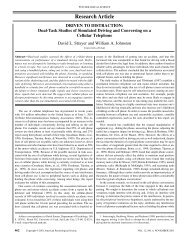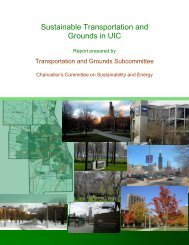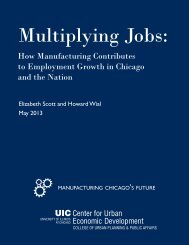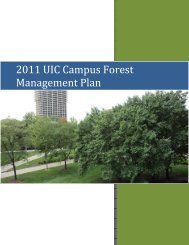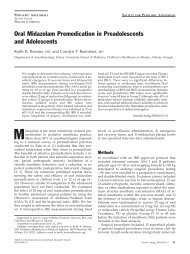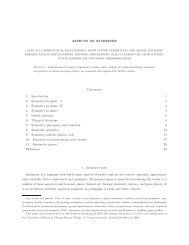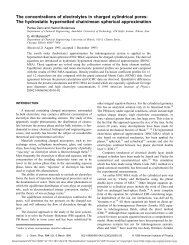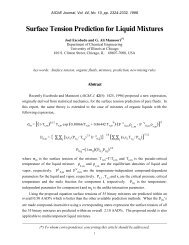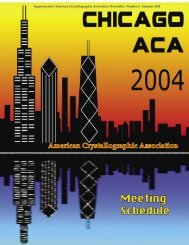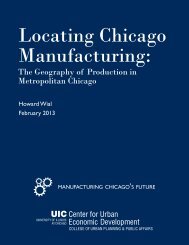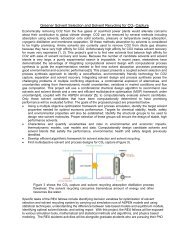Repeating Lenin by Slavoj Zizek
Repeating Lenin by Slavoj Zizek
Repeating Lenin by Slavoj Zizek
Create successful ePaper yourself
Turn your PDF publications into a flip-book with our unique Google optimized e-Paper software.
<strong>Repeating</strong> <strong>Lenin</strong> <strong>by</strong> <strong>Slavoj</strong> <strong>Zizek</strong><br />
9/20/11 2:53 PM<br />
of <strong>Lenin</strong> is that, although he lacked the proper conceptual apparatus to think these two levels<br />
together, he was aware of the urgency to do it — an impossible, yet necessary, task.45 What we<br />
are dealing with here is another version of the Lacanian “il n'y a pas de rapport...": if, for Lacan,<br />
there is no sexual relationship, then, for Marxism proper, there is no relationship between<br />
economy and politics, no “meta-language” enabling us to grasp from the same neutral<br />
standpoint the two levels, although — or, rather, BECAUSE — these two levels are inextricably<br />
intertwined. The “political” class struggle takes place in the very midst of economy (recall that<br />
the very last paragraph of Capital III, where the texts abruptly stops, tackles the class struggle),<br />
while, at the same time, the domain of economy serves as the key enabling us to decode political<br />
struggles. No wonder that the structure of this impossible relationship is that of the Moebius<br />
band: first, we have to progress from the political spectacle to its economic infrastructure; then,<br />
in the second step, we have to confront the irreducible dimension of the political struggle in the<br />
very heart of the economy.<br />
Here, <strong>Lenin</strong>’s stance against economism as well as against pure politics is crucial today,<br />
apropos of the split attitude towards economy in (what remains of) the radical circles: on the one<br />
hand, the above-mentioned pure “politicians” who abandon economy as the site of struggle and<br />
intervention; on the other hand, the economists, fascinated <strong>by</strong> the functioning of today’s global<br />
economy, who preclude any possibility of a political intervention proper. Today, more than ever,<br />
we should here return to <strong>Lenin</strong>: yes, economy is the key domain, the battle will be decided there,<br />
one has to break the spell of the global capitalism — BUT the intervention should be properly<br />
POLITICAL, not economic. The battle to be fought is thus a twofold one: first, yes, anticapitalism.<br />
However, anti-capitalism without problematizing the capitalism’s POLITICAL form<br />
(liberal parliamentary democracy) is not sufficient, no matter how “radical” it is. Perhaps THE<br />
lure today is the belief that one can undermine capitalism without effectively problematizing the<br />
liberal-democratic legacy which — as some Leftists claim — although engendered <strong>by</strong><br />
capitalism, acquired autonomy and can serve to criticize capitalism. This lure is strictly<br />
correlative to its apparent opposite, to the pseudo-Deleuzian love-hate fascinating/fascinated<br />
poetic depiction of Capital as a rhizomatic monstre/vampire which deterritorializes and<br />
swallows all, indomitable, dynamic, ever raising from the dead, each crisis making it stronger,<br />
Dionysos-Phoenix reborn... It is in this poetic (anti)capitalist reference to Marx that Marx is<br />
really dead: appropriated when deprived of his political sting.<br />
Marx was fascinated <strong>by</strong> the revolutionary “deterritorializing” impact of capitalism which, in<br />
its inexorable dynamics, undermines all stable traditional forms of human interaction; what he<br />
repproached capitalism with is that its “deterritorialization” was not thorough enough, that it<br />
http://www.marxists.org/reference/subject/philosophy/works/ot/zizek1.htm<br />
Page 28 of 57



